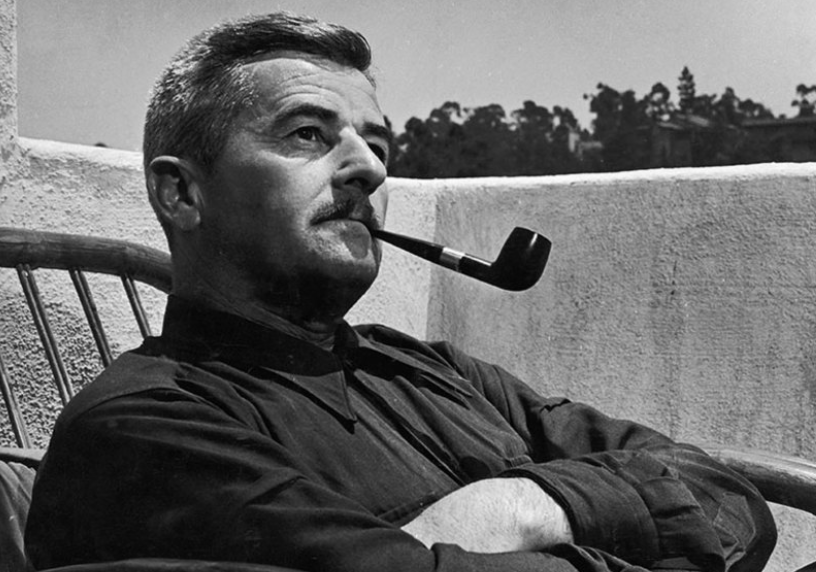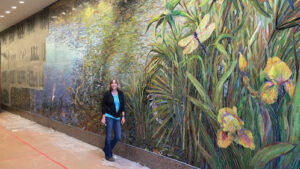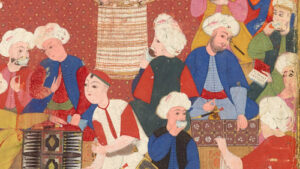Literary New Orleans
TWO WEDNESDAYS, APRIL 8 AND 15, 6:00–7:30 P.M.
PRIVATE RESIDENCE. DIRECTIONS WILL BE PROVIDED TO SUBSCRIBERS.
For more than three centuries, a remarkably diverse group of writers have had their creative juices stimulated by New Orleans and its environs, drawing upon the city as setting, inspiration, and example in the production of virtually every literary genre. Many of these authors, particularly those writing since the devastation of Hurricane Katrina, have tried to predict the city’s future or pronounce its doom.
Over three meetings, Logan Browning, Rice University Professor in the Practice of English and Humanities, will guide us through some of the more notable instances of this New Orleans literature and examine its relationship to the city’s languages, ethnic identities, musical heritage, visual arts, festivals, and cuisines.
April 8: A brief overview of some of the more acclaimed New Orleans writers (e.g., William Faulkner, Tennessee Williams, Anne Rice) before homing in on some short stories by Eudora Welty and Maurice Carlos Ruffin.
April 15: A review of an “odd couple” of New Orleans books: Walker Percy’s The Moviegoer and John Kennedy O’Toole’s A Confederacy of Dunces. The two protagonists of these novels, Binx Bolling and Ignatius Reilly, are vastly different in many ways, but each has captured the imagination of a great number of New Orleanians who find the pair wonderful avatars for their city.
In the third meeting, in the fall of 2026, we will look at Anne Rice’s The Feast of All Saints, an extraordinary historical novel set in early nineteenth-century New Orleans. Spoiler alert: There are no vampires in the novel. New Orleans is also notable for the number of cocktail recipes that have originated there. We will enjoy one of those libations during each class to encourage our own creative attempts to understand the literary fascination with the “Accidental City,” the Big Easy, the Big Sleazy, NOLA, or just plain old New Orleans.
Logan Browning is a specialist in Victorian literature and publishing history; a contributor to theOxford Reader’s Companion to Charles Dickens, the Oxford Handbook on Dickens, and other scholarly journals and reference works; and a faculty member of the Dickens Universe, housed at theUniversity of California Santa Cruz. His current research also includes the study of writing in and about New Orleans





